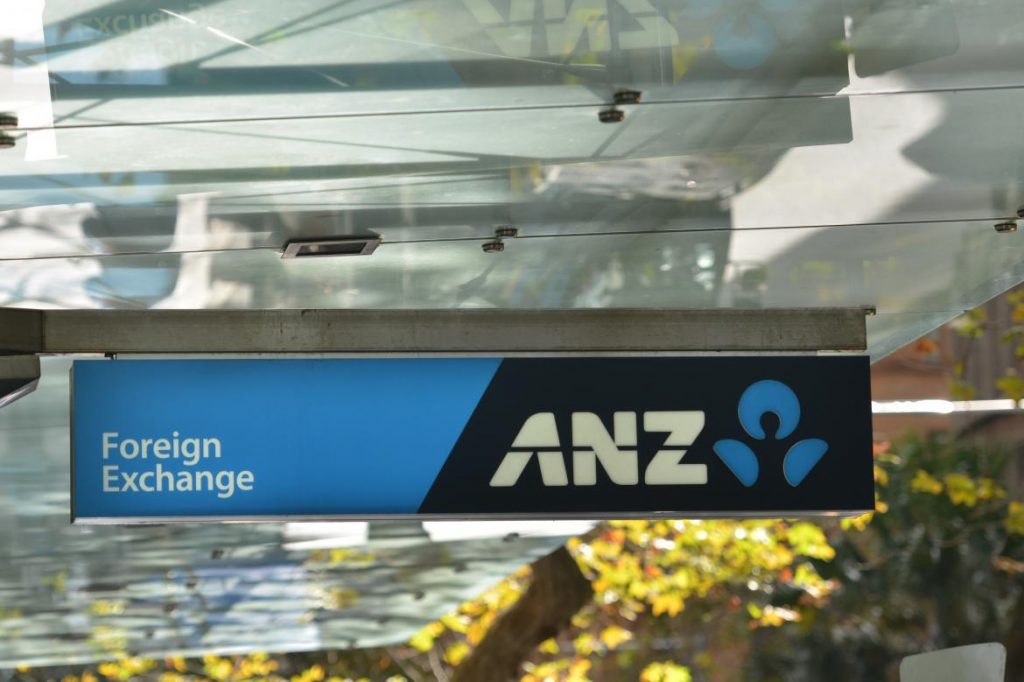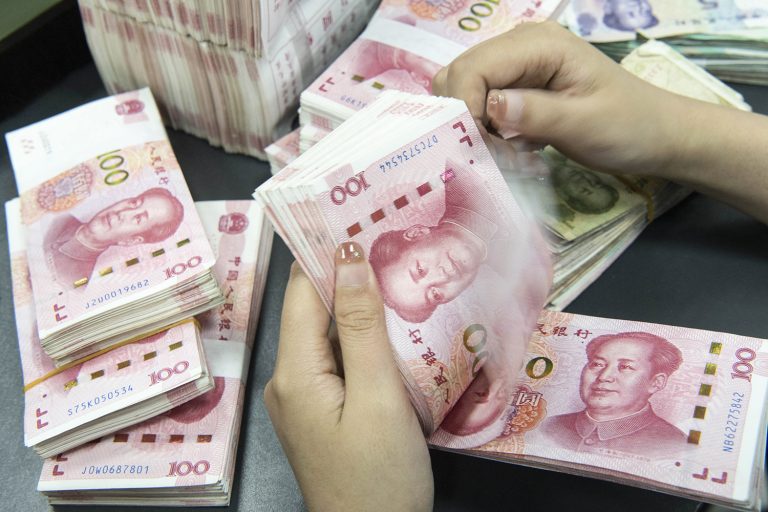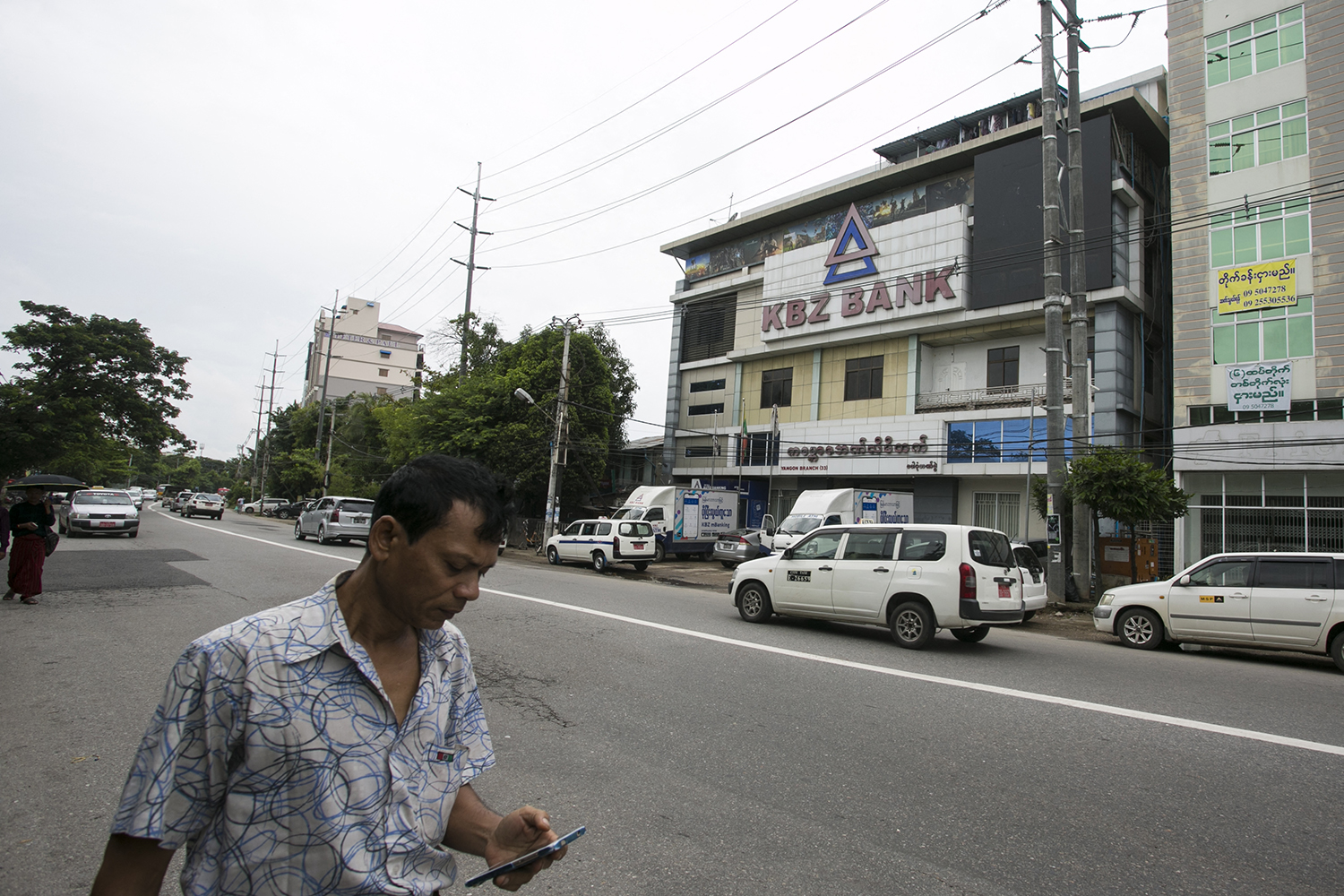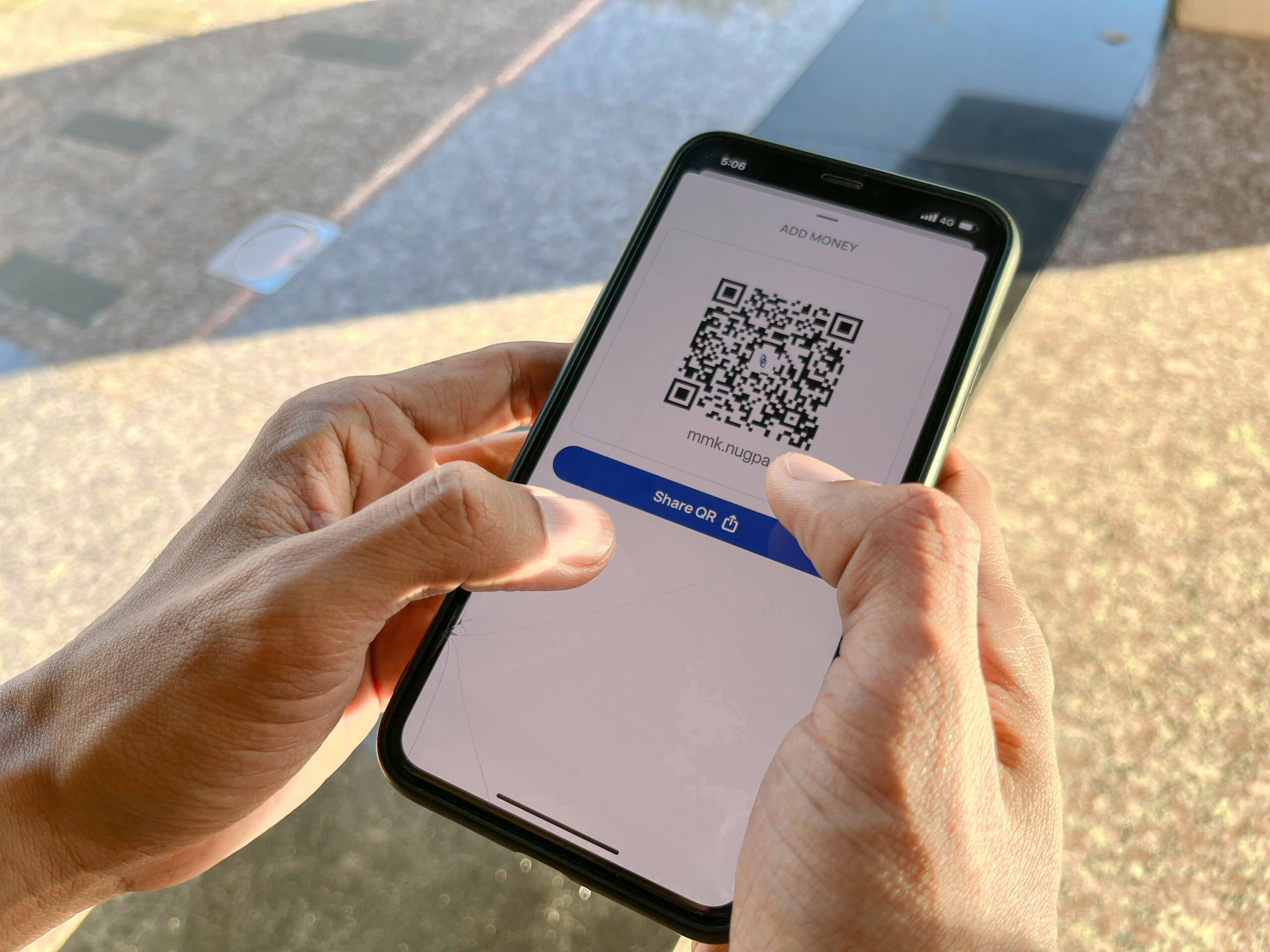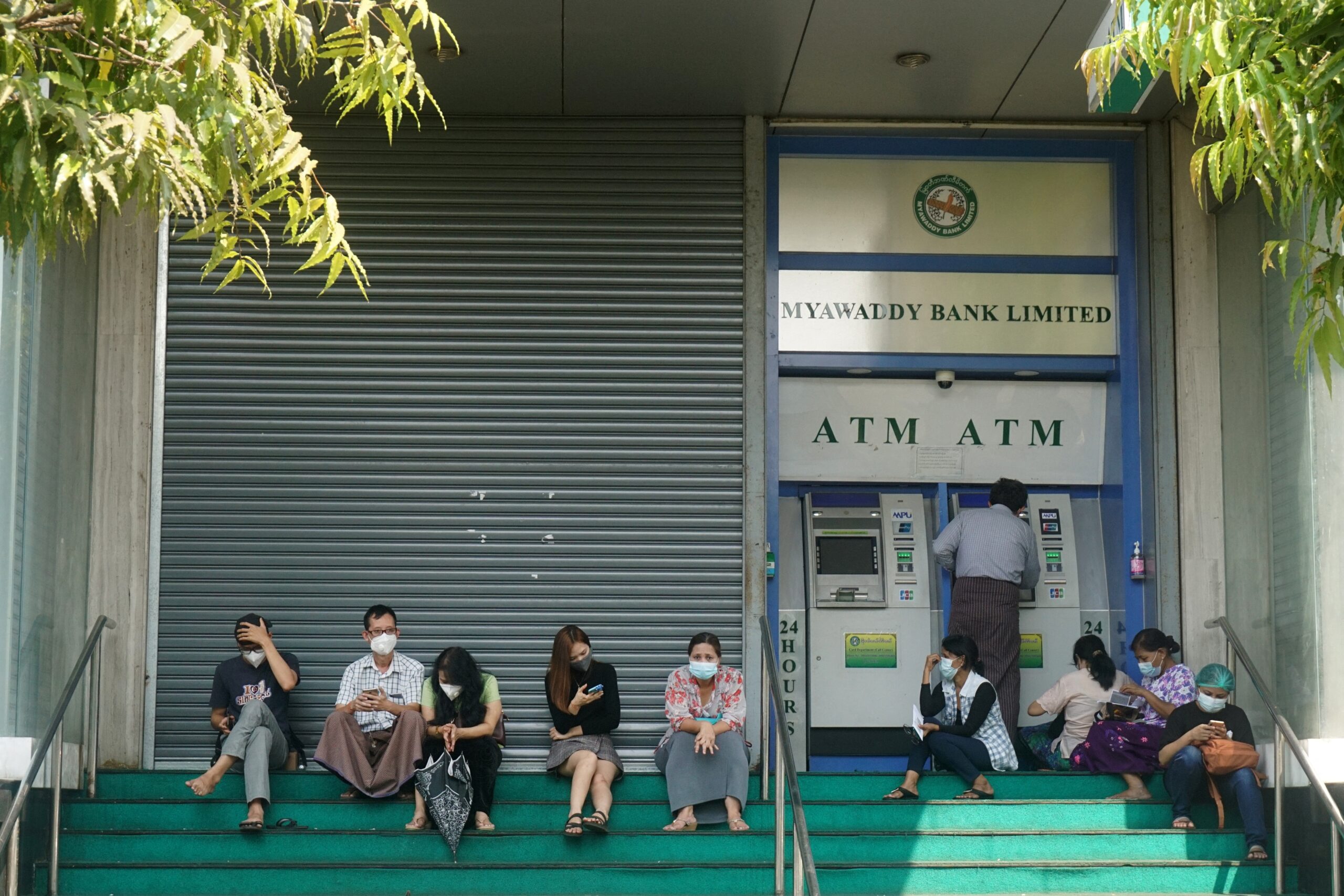The Australian and New Zealand Bank and Malaysia’s Maybank have become the last of nine international banks to offcially open their first branch in Myanmar.
ANZ opened the branch in Yangon on October 2 after receiving final regulatory approval from the Central Bank of Myanmar. the Melbourne-headquartered lender was awarded a licence in October 2014 that required a branch to be opened within a year.
“This licence approval is a final step in our plans to deepen our presence in the Greater Mekong, following the recent branch opening in Thailand,” said ANZ chief executive officer for international and institutional banking, Andrew Géczy.
“We can draw on our strengths in natural resources, infrastructure and agriculture – which match those of Myanmar – to connect global customers with the significant growth opportunities in this region,” Mr Géczy said.
With the opening of its Yangon office at the Union Financial Centre in downtown Yangon, the bank now boasts branches in all ASEAN countries except Brunei. ANZ is one of the few international banks to have branches in the so-called CLMV region, comprising Cambodia, Laos, Myanmar and Vietnam.
Support more independent journalism like this. Sign up to be a Frontier member.
“All the team is here on the ground, on-boarding customers have begun. Transactions will begin later this month that will include our e-banking solutions as well as international and domestic remittances,” said Rajesh Ahuja, CEO of ANZ’s Myanmar office.
Asked why ANZ took longer than the other eight foreign banks to finalise its paperwork, Mr Ahuja said: “As a truly international bank we had to ensure that all our internal framework policies were in place, that we had a robust branch infrastructure before we on-board any customers and that we had fully trained local staff to support our operations on a long-term, and sustainable basis.”
Malaysia’s Maybank also formally announced the opening of its first branch in Yangon on October 2, after a soft opening in August, according to reports. The bank, which has registered capital of US$75 million, said it plans to focus on transaction banking, corporate lending and treasury services in the country.
With its core market in Malaysia, Indonesia and Singapore, the bank now has a presence in all Association of Southeast Asian Nations, as well as China and India, and is focused on developing extensive networks across the region.
“Our focus will be on supporting wholesale and corporate clients as well as domestic banks in Myanmar with services such as deposit accounts, working capital nancing, transaction banking, cash management, treasury and capital market solutions,” said Pollie Sim, Maybank’s chief executive officer.
Soon Su Long, Maybank’s chief executive officer for Indonesia, said the bank has an advantage due to its presence across many countries that trade with Myanmar.
“One advantage over the local banks is our high credit standing. One of the trade financial instruments given by the local banks need to be credit enhanced by Maybank and guarantee the trade instruments so that the instruments are accepted by the trading partners of Myanmar in other countries,” he said.
Maybank has had a representative ofce in Myanmar since 1994 and in recent years has partnered with five local banks – Ayeyarwady, Asia Green Development, Cooperative, Kanbawza and Myanma Economic – for money express services.
Earlier, the bank was involved in projects such as the financing of Yangon International Airport, the laying of a gas pipeline and the construction of basic infrastructure including highways, said Ms Sim.
The nine foreign banks, the first to operate in Myanmar in more than 50 years, are limited to one branch, barred from retail operations and permitted to lend only to foreign companies in foreign currency or to provide kyat loans to Myanmar companies through domestic banks.
The other banks are from China, Japan, Malaysia, Singapore and Thailand.
Myanmar had 14 foreign banks, more than any other country in Southeast Asia, before they were nationalised in 1963 under the Ne Win military dictatorship.


